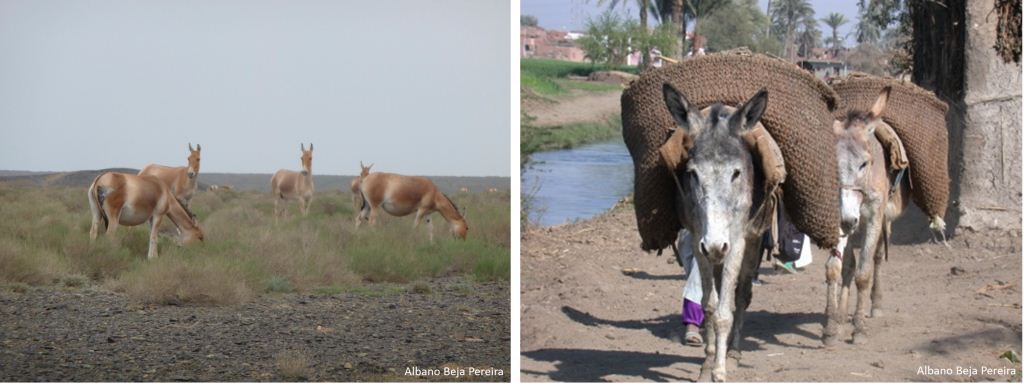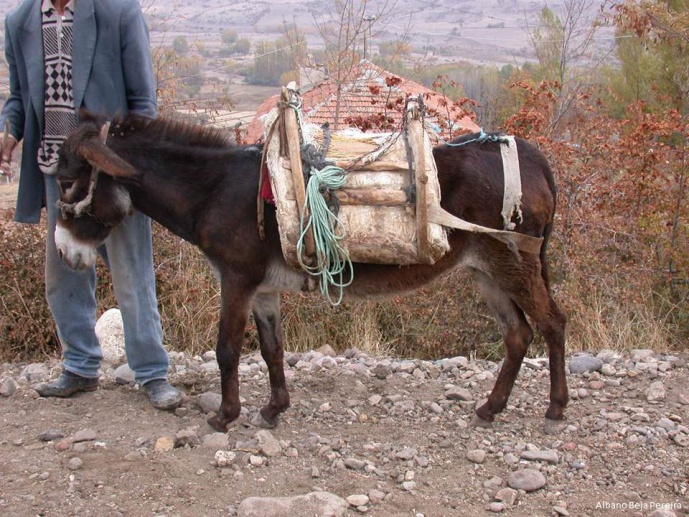Livestock Genomics and Conservation - AGRIGENOMICS

Our group aims to use genome-wide information to assess the impact of selection and demography in the history of domesticated species, their wild ancestors and parasites. Genomics applied to animal breeding and conservation of genetic resources (Agrobiodiversity) is moving fast and attracting researcher´s attention worldwide. This is particularly important, as the conservation of local agrobiodiversity and its use is among the crucial challenges faced by developed societies.
Our group has been conducting a worldwide study on livestock species to understand the current spatial patterns of genetic diversity, paying particular attention to populations from environmentally challenging (e.g. desert) or socially perturbed regions (e.g., Horn of Africa, Middle East, South Asia). As a result, we have significantly contributed to mitigate the information gap from those local adapted livestock populations and showed that local breeds of these regions (i) retain a large and unique diversity and, (ii) some of that diversity unveils important pieces of the evolutionary jigsaw puzzle of the species. We have also studied the genome wide impact of adaptation of livestock to the extreme environments of the domestic species. Here, our major contribution was on the use of exome sequencing to compare information from the coding regions of the genome which are responsible for adaptation (i.e., exons) from several full exomes of cattle and bison, and provided the computational tools for that others could do it.
Another "working horse" of our group was on the use population genetic data from zoonotic species and its phylogeographic comparison with their livestock hosts. On this, we have published one of first studies using genetic data from Brucella abortus to ascertain the patterns of transmission of between wildlife and livestock. Finally, we are the group responsible for the national program for genomic selection of the Portuguese Holstein-Frisian dairy cattle population.
